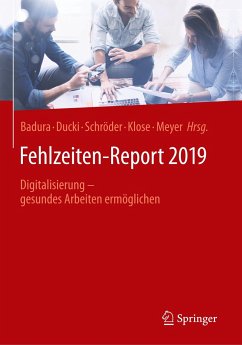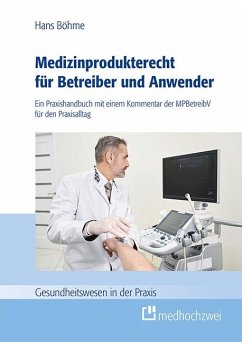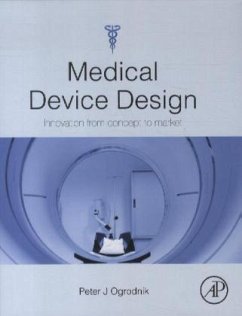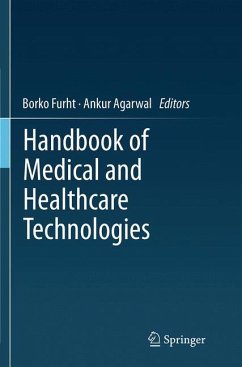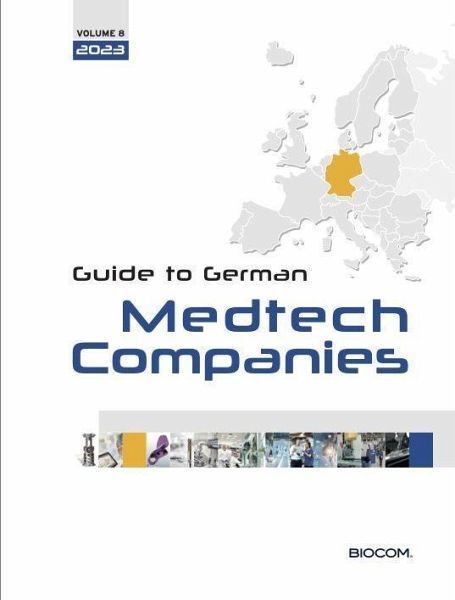
8th Guide to German Medtech Companies 2023
Versandkostenfrei!
Sofort lieferbar
12,80 €
inkl. MwSt.

PAYBACK Punkte
0 °P sammeln!
Rarely are short, medium and long-term outlooks as divergent as they currently are in Germany's medical technology industry. For 2022 - i.e. in the short term - the industry expects a nominal 3.5 per cent increase in turnover to 37.7 billion euros, according to the latest figures from the industry association Spectaris. "However, this is not a reason for joy," says Marcus Kuhlmann, head of it's Medical Technology section. "The ability to compete and innovate, and thus the existence of many smaller and medium-sized medical technology manufacturers, is definitely at risk at the moment." Why is t...
Rarely are short, medium and long-term outlooks as divergent as they currently are in Germany's medical technology industry. For 2022 - i.e. in the short term - the industry expects a nominal 3.5 per cent increase in turnover to 37.7 billion euros, according to the latest figures from the industry association Spectaris. "However, this is not a reason for joy," says Marcus Kuhlmann, head of it's Medical Technology section. "The ability to compete and innovate, and thus the existence of many smaller and medium-sized medical technology manufacturers, is definitely at risk at the moment." Why is that? Supply chain disruptions, the controversial EU Medical Devices Regulation and rising material, energy and logistics costs are increasingly putting a strain on business. For the coming year, the association expects growth to be even "weaker". The industry generates two-thirds of its turnover abroad. In the first half of 2022, exports to Asia fell by 3.7 per cent, mainly because of the Corona lockdowns in China. Exports to North America increased by 8.5 per cent. The industry association expects four per cent growth in exports for the year as a whole, and three per cent nominal growth in the domestic market. The number of employees is expected to rise by three per cent to 159 000.According to the latest economic survey by the Ifo Institute, however, most companies in the medtech sector expect the business situation to deteriorate in the next six months. 90 per cent reported production being hampered by material short-ages, 40 per cent by a shortage of skilled workers - all factors that will also have a negative impact in the medium term. The war in Ukraine and the energy crisis it has triggered will not go away any time soon either. But the very diverse, rather medium-sized medical technology sector has also proven to be very resilient in the past. Entrepreneurial will and skills have been able to make up for many an external burden.In the long term, the prospectsfor medical technology are still bright. In the coming decades, the world population is expected to rise from 8 to 10 billion people. As the climate catastrophe shows us, that is far too many for our planet. But until the number of humans decreases significantly, the populations in many countries will first age. And in old age, people are more often dependent on help - this increasing basic need plus the constant medical progress are brilliant general conditions, especially for the researching and developing medical technology industry. The 8th edition of the Guide to German Medtech Companies, which you - dear readers - are holding in your hands, offers a well-founded insight into the diverse corporate landscape of medical technology in Germany.




